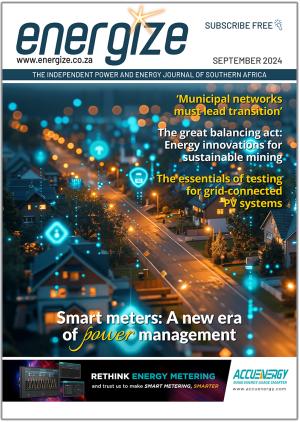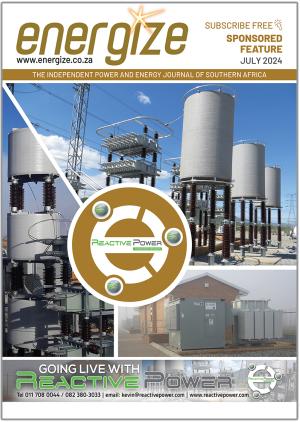Information from IRENA
Current trends in the power sector have prompted changes in the role of hydropower, creating a need to adjust the way these assets are designed, operated and maintained.
A new report, “The Changing Role of Hydropower: Challenges and Opportunities”, by by the International Renewable Energy Agency (IRENA), provides a snapshot of the current status of hydropower and lays out a vision of how to realise its potential.

“Hydropower has been an effective source of clean power generation for more than a century,” said IRENA Director-General Francesco La Camera. “However, with the rapidly evolving energy landscape, it is important to re-evaluate its future role and leverage recent technological advancements that can maximise its potential while ensuring its sustainability and climate resilience.”
According to IRENA’s 1,5°C Scenario, if the world is to completely decarbonise and meet the climate goals set in the Paris Agreement, hydropower installed capacity, including pumped storage hydropower, should more than double by 2050. This will require annual investments in hydropower to grow roughly fivefold.
However, the report underscores that most hydropower potential lies in developing countries, and financing institutions need to work together with governments to overcome local risks and limitations and funnel much-needed investment into these regions and countries.
According to the report, hydropower, despite being the most mature renewable technology, faces several challenges including the need to modernise ageing fleets to meet modern power system requirements; attract new investments; and update market structures and business models that do not reward all of the services provided by hydropower beyond power generation.
The report also emphasises that the planning and development of hydropower will only be successful if aspects of sustainability and resilience are taken into consideration
Click here to read “The Changing Role of Hydropower: Challenges and Opportunities” and learn more about the key actions policymakers can take to accelerate the deployment of hydropower in a way that is in line with its changing role.
About the International Renewable Energy Agency (IRENA)
IRENA is the lead intergovernmental agency for the global energy transformation that supports countries in their transition to a sustainable energy future and serves as the principal platform for international cooperation, a centre of excellence, and a repository of policy, technology, resource, and financial knowledge on renewable energy. With 168 Members (167 States and the European Union) and 16 additional countries in the accession process and actively engaged, IRENA promotes the widespread adoption and sustainable use of all forms of renewable energy in the pursuit of sustainable development, energy access, energy security, and low-carbon economic growth and prosperity.
Stay in touch with IRENA at www.twitter.com/irena and www.facebook.com/irena.org
















